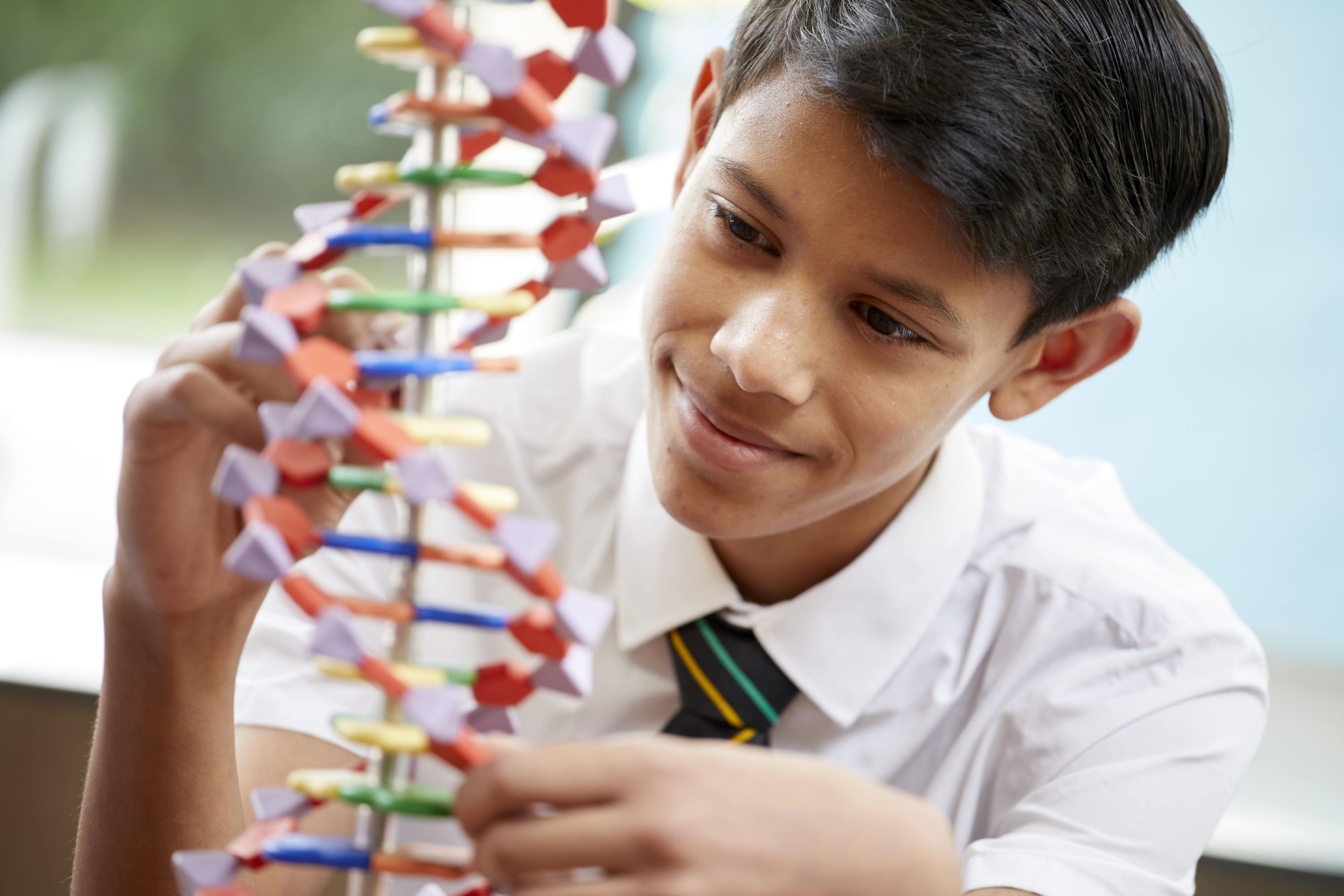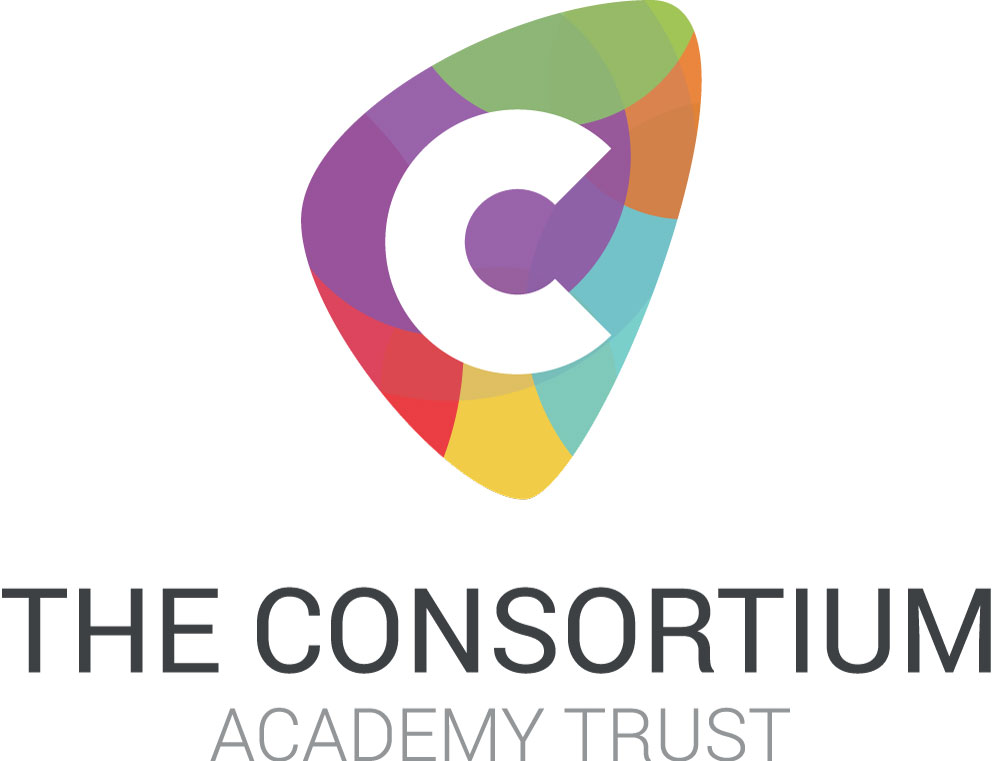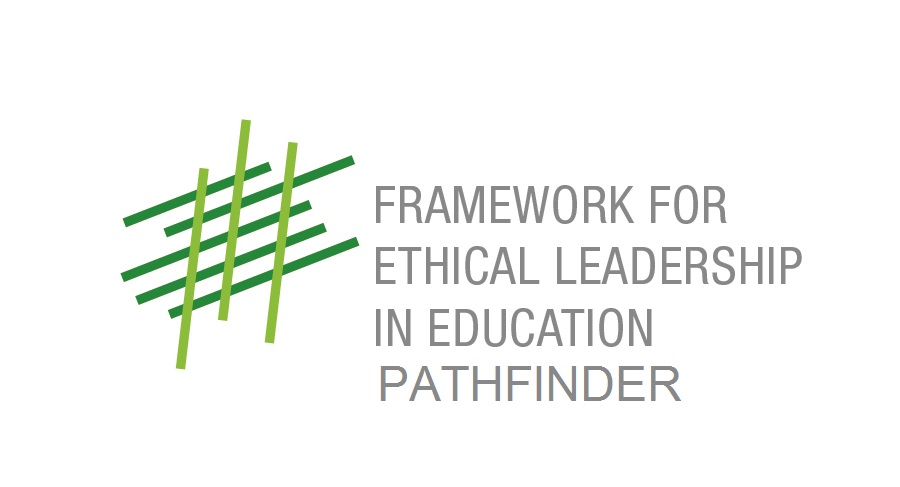Science
'The Science Department aims to deliver tailored learning for all of our students. Our schemes of learning are designed to develop an interest and curiosity in Science that makes students want to understand the world around them. Students will develop practical skills that help them to understand the nature of scientific enquiry and allow them to make informed choices about information they are presented with. '
Mrs R Adams, Head of Science



